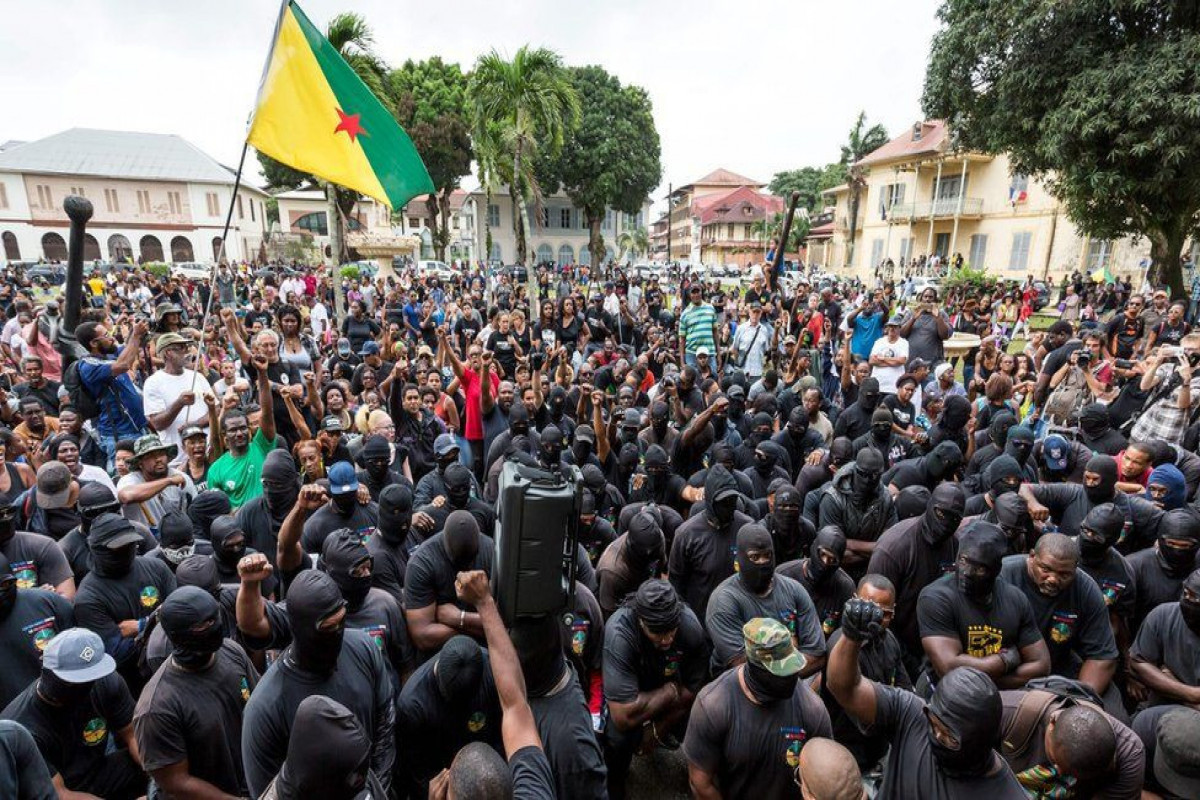Since Azerbaijan restored its state independence in 1991, its path was not smooth. Besides the conflict with Armenia which lasted for long years, on the other side, Iran always showed a destructive position, cold attitude towards Azerbaijan. The key factor that created this coldness, was Iran’s baseless claims against Azerbaijani state. However, namely two countries which have historic, religious and cultural ties might establish relations based on mutual respect and appreciation.
But Iran chose the path of jealousy, prejudice and in some cases open provocation against the official Baku, not the policy of sincere friendship and good neighborliness.
It was possible to see this in the process of the First Karabakh War.
Instead of demonstrating religious solidarity with Azerbaijan, the Islamic Republic not only did not closed 35 km border line with invader Armenia, but also provided economic and military support to the occupier. Moreover, after the temporary ceasefire was signed in 1994, it played a role in looting of Azerbaijan’s occupied territories. The bitterest and embarrassing point of the issue for Iran, was this country, which acts as a defender of the Islamic religion and the Shia sect was turning a blind eye to the destruction of mosques in Karabakh, using it as stall and other vandalism acts.
Moreover, in June, 2019, Iranian company Part Saman Jahan Co was involved in the repair works of the historical Yukhary Govhar agha mosque in Shusha. Afterwards, this mosque was presented as Iranian mosque. Official did not react to the destruction, and defilement of the mosques in Karabakh, on the contrary, it was happily nodding to Armenia's presentation of mosques in the region as "Persian mosques".
The slogans of religious solidarity, which Iran advertised, by all means, showed the exact opposite in reality. Insincerity of the Islamic Republic of Iran showed itself during 44-days Patriotic war, and after it, too. During the war, military convoys carrying weapons and ammunition from Iran to Armenia, the country's failure to close the airspace for the transportation of military cargo to Armenia, etc. the facts were a clear example of whose side Iran was on in the conflict. Iran continued its anti-Azerbaijan acts after the war too. It carried out cargo transportations to the territories which are under temporary control of Russian peacekeepers, and provided every support to separatists ruins in Karabakh. Only after the intervention and determination of the Azerbaijani state, Tehran regime, which was in a difficult situation after being exposed, had to withdraw from this act.
The insincere behavior of Iran, which behaves differently in words and deeds, was once again exposed by the audio recording released a few days ago.
A diplomat named Abulfazl Zuhduvand, who worked in the Iranian Foreign Ministry and is said to be close to the religious leadership, expressed his concern about Zangezur in a recorded audio recording, claiming that Iran will never be an ally with Turkiye, that Azerbaijan is a terrible phenomenon and a threat to Iran, and that Nakhchivan and Azerbaijan belong to Iran. He names Armenians natural allies of Iran and assets Azerbaijan as a cancer cell for Iran.
As it is seen, Zuhduvand expresses the true attitude of a part of the ruling religious and political elite of Iran towards Azerbaijan and Turkiye and the concerns of official Tehran regarding Armenia. It is clear that the prospect of Turkey becoming a legitimized regional and future global power center worries Iran. The opening of the Zangezur Corridor, which will connect Azerbaijan and Turkey, as well as the entire Turkic world in a broader sense, has turned into a nightmare that has disturbed Tehran's dreams.
It is not a coincidence that after Azerbaijan’s glorious victory in the Patriotic war, Iran issued statements several times at various official levels, stressing the territorial integrity of the countries in the region, the inviolability of the Iran-Armenia border.
But it is interesting that Iran’s sensivity to the principle of territorial integrity of neighbour countries, began to show itself after November 2020, and only in relation to Armenia. During the occupation of Azerbaijani territories in the region for more than 30 years, Iranian officials kept silence on the issue of territorial integrity and the issue of the 132-kilometer section of the Iranian-Azerbaijani borders being out of control.
On the contrary, since the 1990s, they have been transporting products of different purposes to Armenia via the Gorus-Gafan road, part of which passes through the sovereign territory of Azerbaijan.
Actually, Iran does not hide its hate, grudge against Azerbaijan. From Iranian state TV, to all other press agencies conducting systematic campaigns against Azerbaijan.
Iran behaves inhumanly not only against the Azerbaijani state but also Azerbaijanis, which are its citizens. If we pay attention to the situation of Armenians and Azerbaijanis living in Iran, we can see that minority of Armenians is surrounded by comprehensive attention and care in Iran, their cultural centers, schools, businesses, media, operate at the highest level. However, 35-40 mln. Azerbaijanis do not have any school, or newspapers. Azerbaijanis who demand their rights are declared enemies of religion, supporters of Zionism, and subjected to torture and imprisonment. The facts of the torture and killing of Azerbaijani political prisoners in Iranian prisons have been repeatedly reflected in the reports of international human rights organizations.
Today, Iran expresses some unfounded concerns about Azerbaijan. However, there is no threat or danger from Azerbaijan against Iran. Even when Iran was subjected to sanctions, the leadership of Azerbaijan openly declared that it would not participate in this process and did not impose any restrictions on its relations with this country.
Azerbaijan has always behaved patiently towards Iran and treated the threats and statements coming from the south with restraint. However, it seems that as Azerbaijan keeps silent, Iran goes further, moves to language and actions that are unbecoming of its neighbor and state.
Therefore, it is time for Azerbaijan to convey its concerns to Iran. The main concern is the fate of our 34–40 million compatriots living in Iran. It should not be forgotten that for many centuries, the Iranian state was managed by the Azerbaijanis, who maintained the existence of this state and developed it. Today, the historical lands of Azerbaijan are part of Iran, millions of our compatriots living there have to maintain their existence under the cruelty of Persian chauvinism. Despite all the pressure and threats from Tehran, they continue their struggle today. The ancient capital of Azerbaijan, Tabriz, was the cradle of all revolutions in Iran, the Sattarkhan movement, Khiyabani, and Pishevari governments should not be forgotten. Today, the Persian regime, which is hostile to Azerbaijan and oppresses Azerbaijanis living on its territory, should not dismiss the possibility of a new wave of revolution. The fans of the Tabriz "Tractor" team clearly show that the national spirit of Azerbaijanis is awake.
Finally, Iran understands that instead of ensuring the rights of the 35-40 million Azerbaijani Turks living in its historical lands, creating conditions for them to study in their mother tongue, expanding their representation in state bodies, and working for the economic revival of the region, the provocative and hostile policy it carries out against the official Baku is its own against their interests.
Azerbaijan, which has already become one of the main players in the region, sees Iran's insincere policy and always has backup plans against it. In the face of these actions by Tehran, a new reality has already emerged. This reality is the change of the map of the Middle East, the independence of South Azerbaijan.


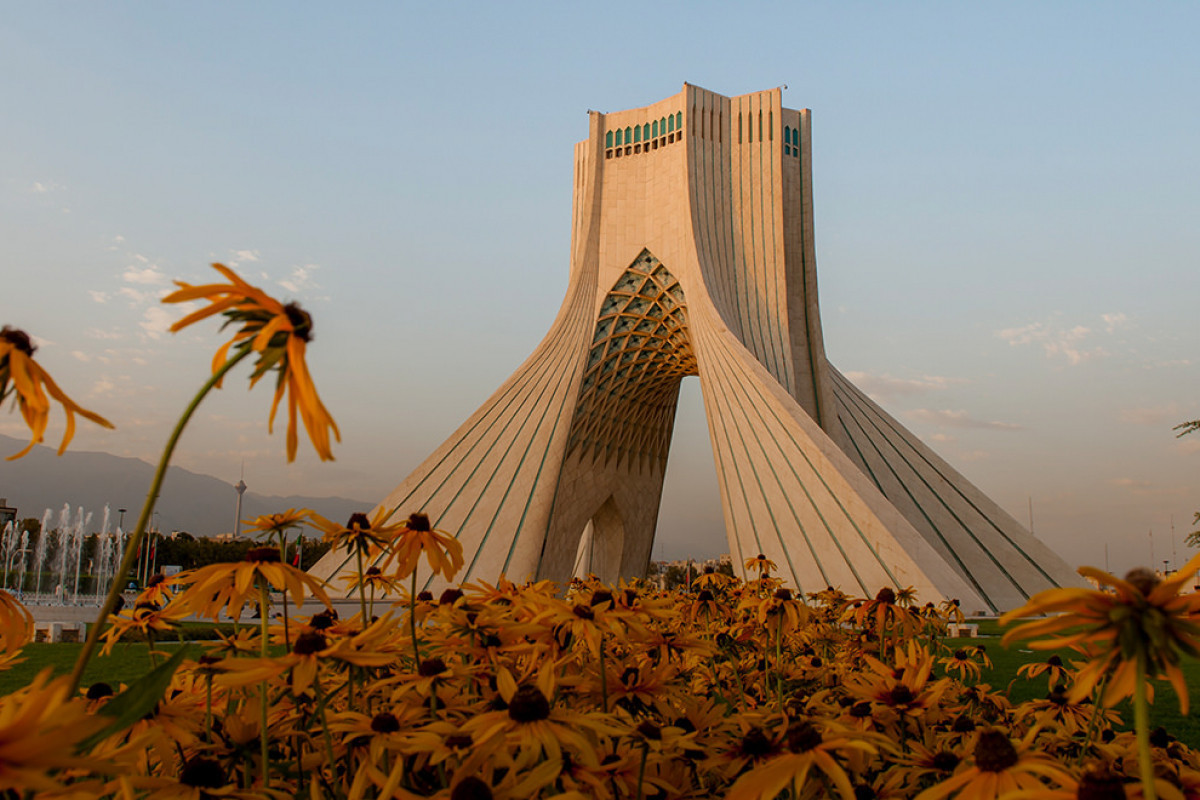
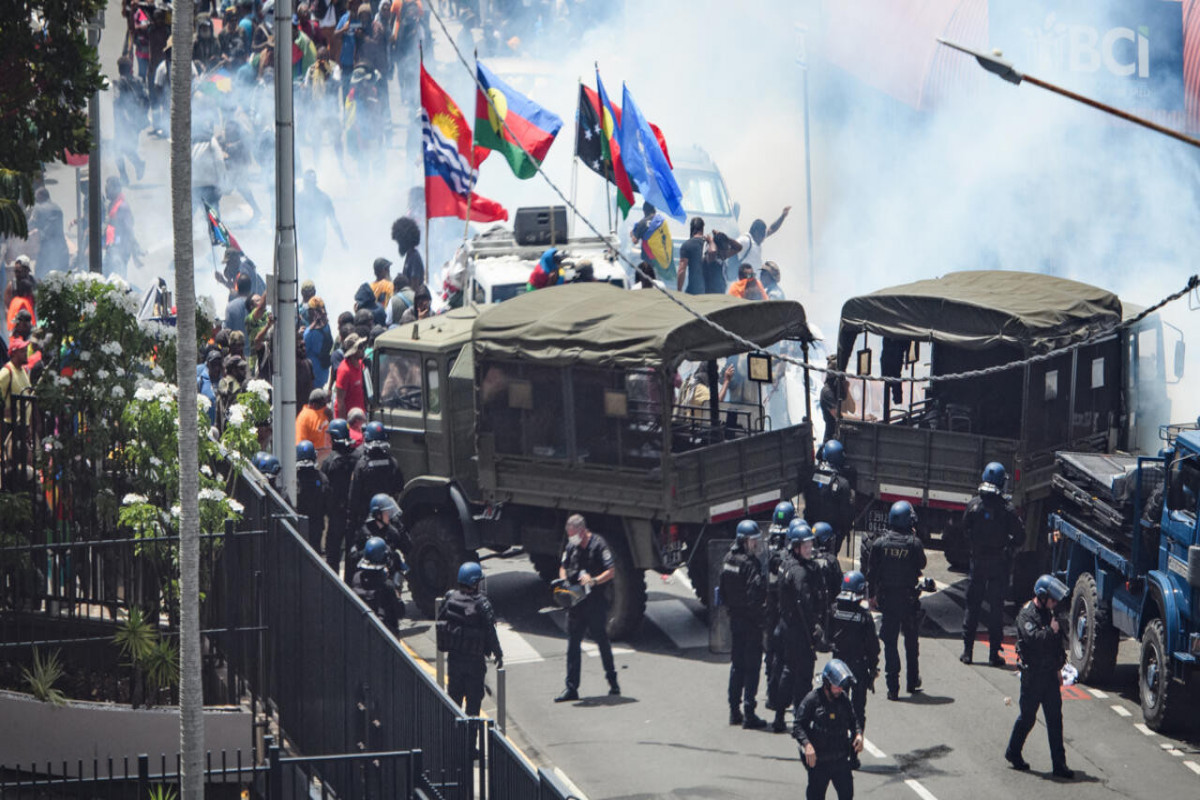 ANALYSIS'>
ANALYSIS'>
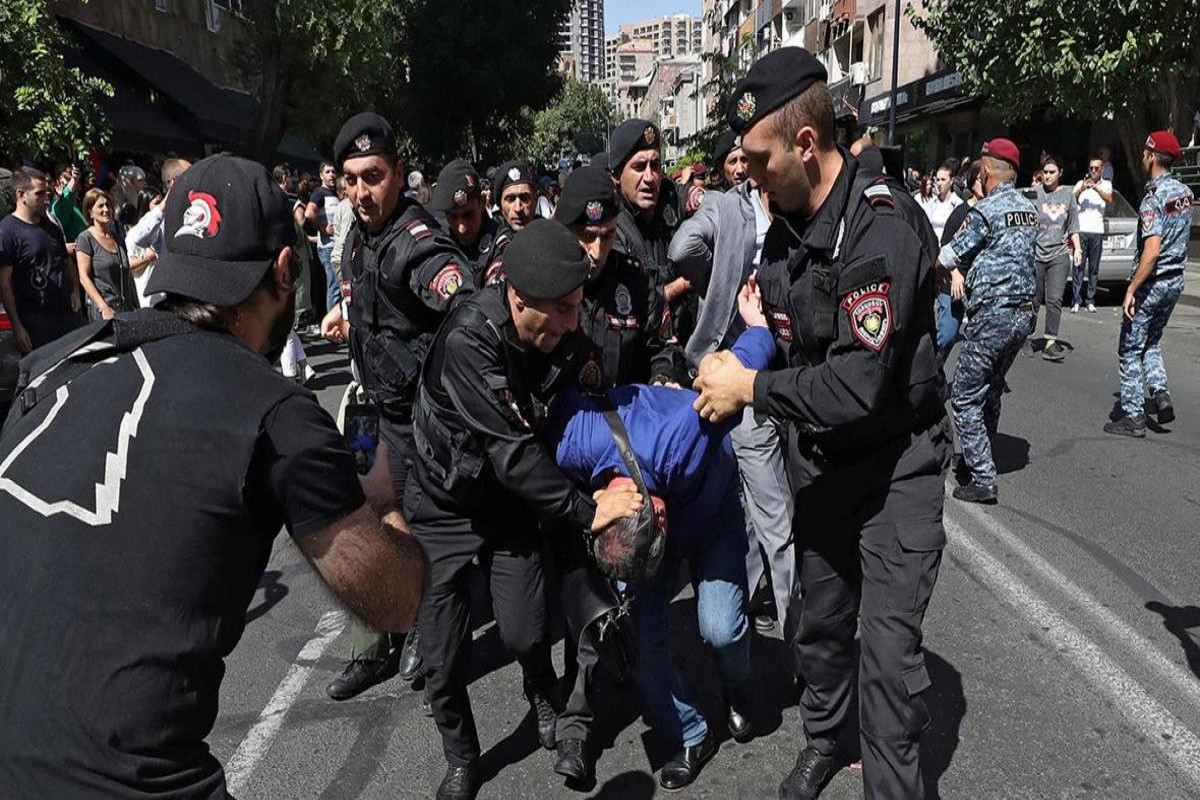
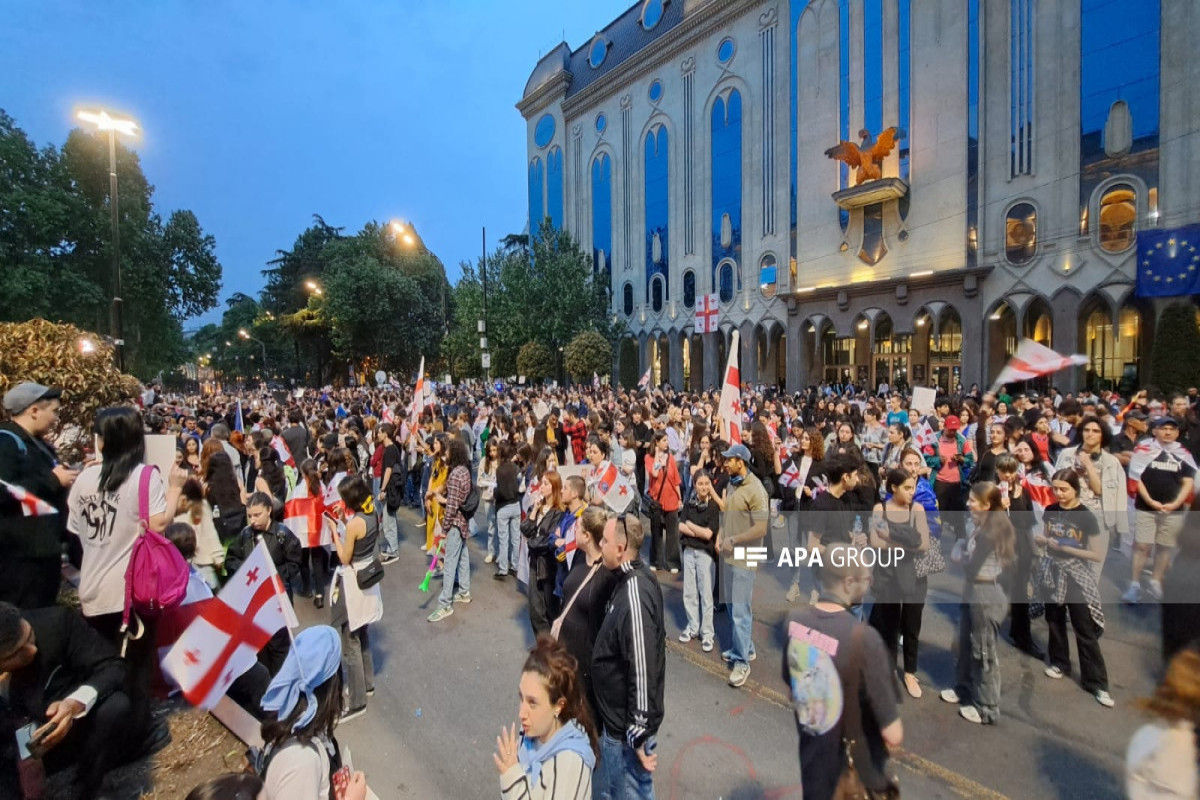 ANALYTICS'>
ANALYTICS'>
